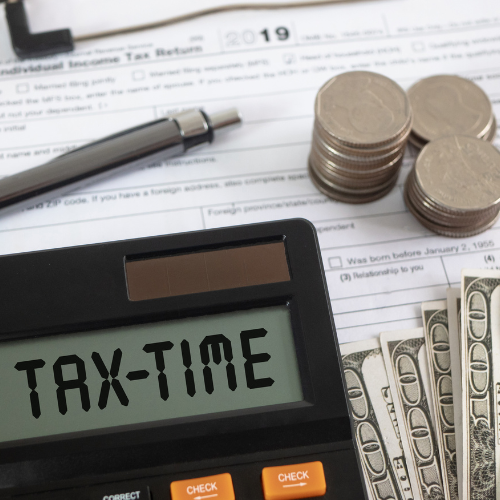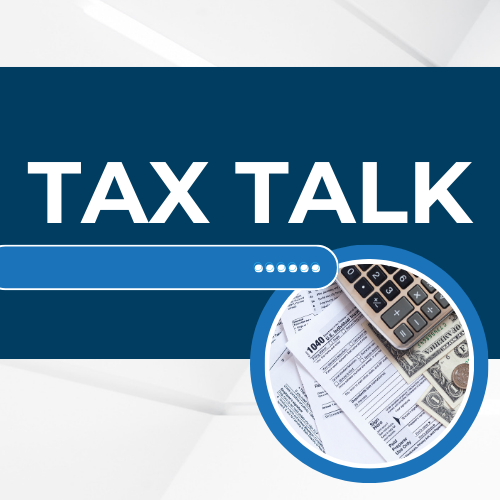Tax Tips for Self Employed Real Estate Agents
With careful planning and attention to detail, you can navigate the complex world of taxes and enjoy the benefits of tax savings as a self-employed real estate agent.
As a self-employed real estate agent, managing your taxes can be a daunting task. However, with proper planning and awareness of tax-saving strategies, you can maximize deductions and minimize your tax liability. In this blog post, we will discuss some valuable tax-saving tips specifically tailored for self-employed real estate agents.
Deductible Business Expenses:
- One of the most effective ways to reduce your taxable income is by deducting legitimate business expenses. As a real estate agent, you likely have various expenses related to marketing, advertising, office supplies, professional fees, and travel. Keep detailed records and retain receipts to support these deductions. By tracking and deducting eligible expenses, you can significantly reduce your taxable income.
Home Office Deduction:
- If you use a dedicated space in your home for business purposes, you may be eligible for a home office deduction. Measure the square footage of your home office space and calculate the portion of your housing expenses (such as rent, mortgage interest, utilities, and insurance) that corresponds to that area. This deduction can result in substantial tax savings, so make sure to consult a tax professional to ensure you meet the requirements.
Vehicle Expenses:
- Real estate agents often rely on their vehicles to show properties, attend meetings, and meet with clients. Keep track of your business mileage and related expenses, such as gas, insurance, repairs, and maintenance. You can choose between deducting the actual expenses or using the standard mileage rate set by the IRS. Whichever method you choose, proper documentation is crucial, so maintain a mileage log and retain receipts for vehicle-related expenses.
Retirement Contributions:
- Contributing to a retirement plan not only secures your financial future but also offers tax benefits. As a self-employed real estate agent, you can establish a Simplified Employee Pension (SEP) IRA or a solo 401(k) plan. Both options allow you to make tax-deductible contributions, lowering your taxable income while preparing for retirement. Take advantage of these retirement plans to save for the future while reducing your tax liability.
Estimated Tax Payments:
- Unlike traditional employees, self-employed individuals are responsible for paying their own taxes throughout the year. Failure to make estimated tax payments can result in penalties and interest charges. To avoid this, estimate your tax liability and make quarterly estimated tax payments to the IRS. Consult a tax professional for guidance on calculating and making these payments accurately.
Being proactive in managing your taxes can yield significant savings. By implementing these tax-saving strategies, such as maximizing deductions, leveraging home office and vehicle expenses, and contributing to retirement plans, you can reduce your tax liability and keep more of your hard-earned income. Remember to consult a tax professional who specializes in self-employment taxes to ensure compliance with the ever-changing tax laws and regulations.
Quick Links
Contact Information
Business Hours
- Mon - Fri
- -
- Sat - Sun
- Closed
















